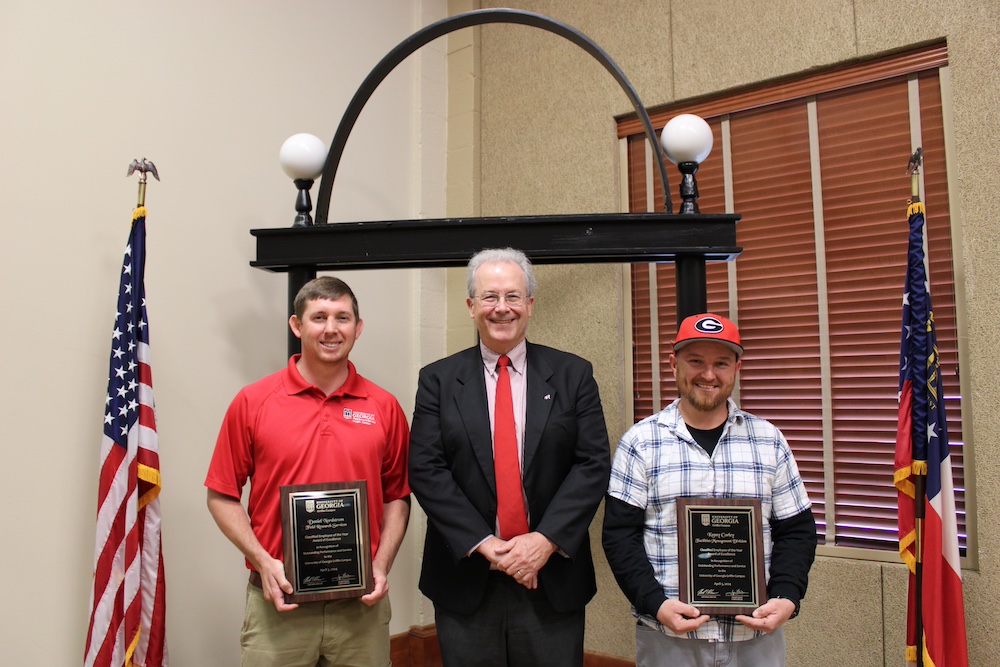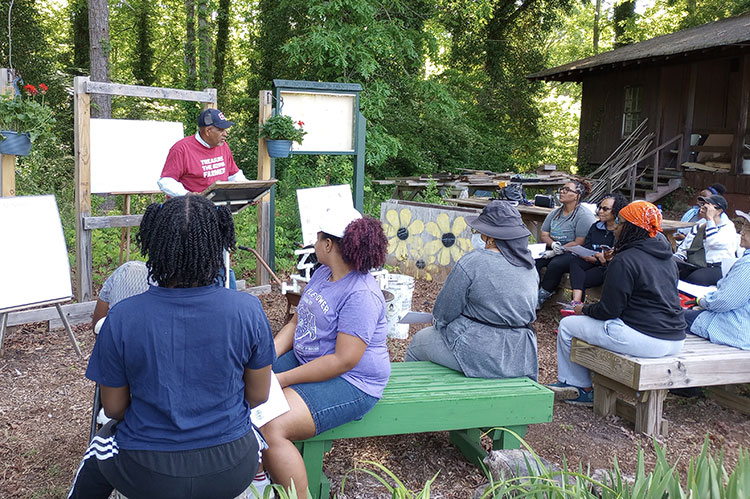A few days of sunshine can make a gardener forget El Nino. It's rained all winter, but spring is here. It's hard to resist working the garden. A University of Georgia scientist, though, has a word of advice: resist.
Don't be in such a hurry, said Wayne McLaurin, an Extension Service horticulturist with the UGA College of Agricultural and Environmental Sciences. First, be sure it's not too wet to plow.
"If you turn the soil when it's too wet," McLaurin said, "you'll create a lot of hard clods that will take years to get rid of."
That's especially true with heavier clay soils. "Sandy soils," he said, "will be a little more forgiving."
Georgia has been inundated with rains this winter. A week into March, McLaurin figured it was "probably too wet to plow anywhere in the state."
So even though the average-last-frost dates are easing by, and spring gardening fever is mounting, don't start working the garden soil until you're sure it's ready.
"The soil will compact on you," McLaurin said. "The implements you use to loosen up the soil will do just the opposite, creating hard-glazed clods that water can't penetrate."
It's almost like making rocks. "It will be very hard to break them up later," he said.
You can tell if your garden soil is dry enough to be worked, he said. Just dig down three or four inches with your hand and squeeze a clod of soil the size of a tennis ball.
"Then if you tap it with your finger and it breaks up, it's ready to work," McLaurin said. "Or you can drop it, and if it shatters, it's time to begin turning the soil."
If the clod holds together, he said, you'd best peruse those catalogs a little longer
before starting this year's garden.






